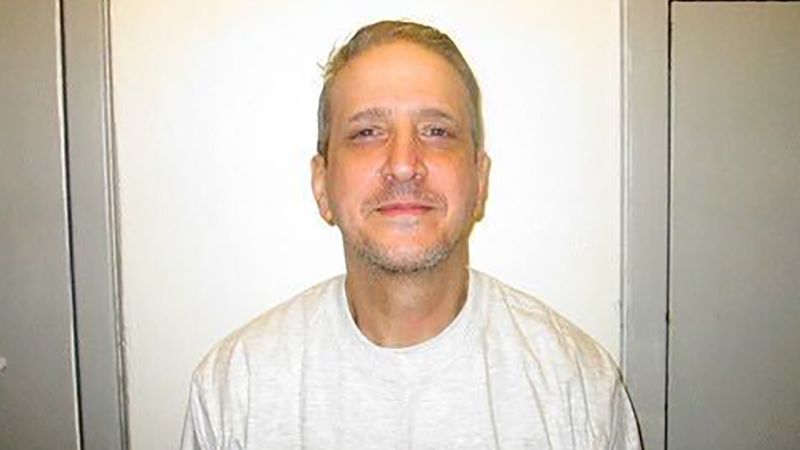Then you’re still wrong. Punishments are NOT proportional to the severity of the crime, and never have been. Even leaving aside the fact thatyou and I might disagree over what crime is worse than another (what’s worse, drunk driving or common theft?) punishments are also proportional to the likelihood of being caught - a crime for which you are very likely to be caught is generally less severely punished than one that is harder to catch. That’s why embezzlement is often punished more severely than, say, common assault, even though one might reasonably say hurting a person is worse than stealing money. Punishments are also different based on the likelihood of redicivism, behaviour while imprisoned, and the political atmosphere of the time.
“Uphold the power of the state” and “promote the general welfare” are so obviously different that only the most insane fascist would not know the difference.
North Korea’s justice system, for instance, does as good a job at upholding the power of the state as any in the world. It does not do a very good job of promoting the general welfare.
So the right to kill as punishment is reserved by the state… yes, I know that. You have failed to explain, however, why it “logically follows” that the state being allowed to kill people in self-defense or in defending the innocent should also be allowed to kill people in cold blood as a form of punishment. There’s no obvious logical connection there. If there’s a logical argument to be made, make it.
[QUOTE=Locrian]
Question: If you are arrested, factually innocent, sentenced to death, live on death row behind bars for 18 years, THEN you get proven innocent before you’re executed, will the first words out of your mouth be, “The system works”?
[/QUOTE]
Someone who is successfully exonerated before being executed might well say exactly that the day they’re released, since of course they’d be rather happy with the system at that point.
My concern is more people like Cameron Willingham, whose conviction for murder was based on what turned out to be total bullshit, and who will never be asked for his opinion on whether the system works because they actually did execute him.
